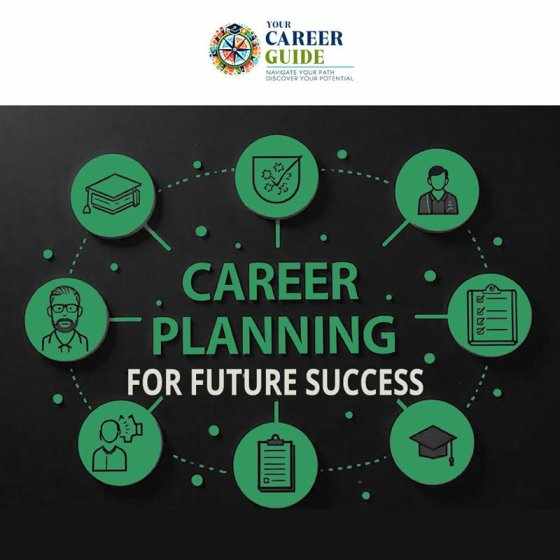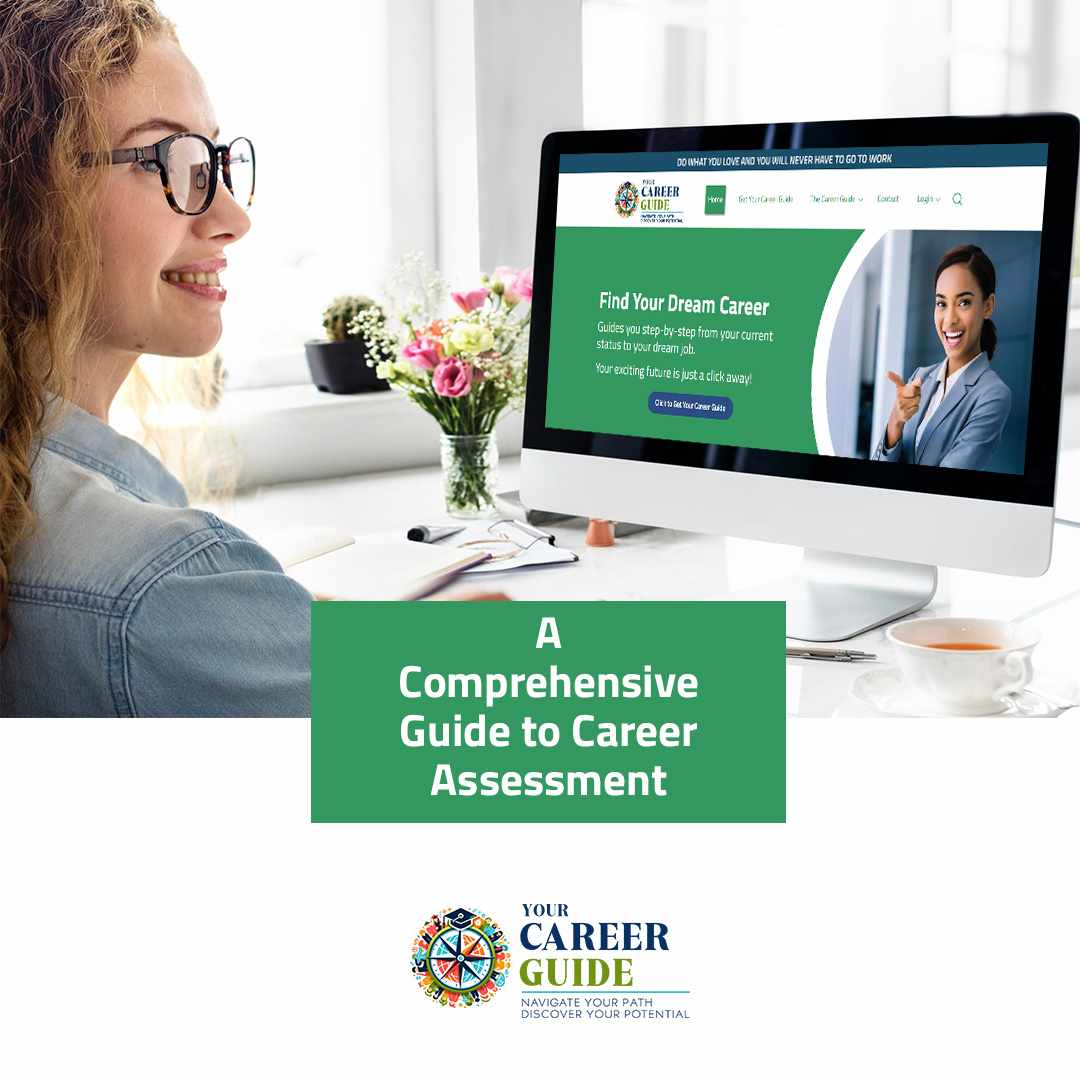
Selecting a career is a pivotal decision that shapes your professional journey and personal fulfillment. A well-thought-out approach can lead to a rewarding and successful career. Here’s a comprehensive guide to navigating the steps toward professional success.
1. Self-Assessment: Understand Your Strengths and Interests
Begin by introspecting to identify your skills, interests, values, and personality traits. This self-awareness forms the foundation of your career choice Consider the following:
Skills and Strengths: Evaluate your competencies and areas where you excel.
Interests: Identify activities and subjects that captivate you.
Values: Determine what matters most to you in a job, such as work-life balance, helping others, or innovation.
Personality Traits: Reflect on your preferences for working environments and roles that align with your disposition.
Utilizing career assessments can be instrumental in this phase. These tools help you understand how your personal attributes influence your potential success and satisfaction in various careers. They have played a critical role in career development, aiding individuals in making informed decisions.
2. Explore Career Options: Research and Expand Your Horizons
With a clear understanding of yourself, explore careers that align with your profile. Research various fields by:
Reading Industry Literature: Stay informed about different sectors and roles.
Conducting Informational Interviews: Connect with professionals to gain insights.
Participating in Job Shadowing: Experience day-to-day responsibilities firsthand.
Utilizing Online Resources: Explore job descriptions, required qualifications, and growth prospects.
This exploration helps you identify careers that resonate with your aspirations and informs your decision-making process.
3. Set Clear Goals: Define Your Career Objectives
Establish both short-term and long-term career goals. Clear objectives provide direction and motivation. Consider:
Short-Term Goals: Identify immediate steps, such as gaining relevant experience or acquiring specific skills.
Long-Term Goals: Envision where you see yourself in the future and the milestones needed to get there.
Aligning your goals with your personal values and the realities of the job market enhances their effectiveness.
Also Read: Personality Development Theory
4. Develop Necessary Skills: Equip Yourself for the Chosen Path
Identify the skills and qualifications required for your chosen career and work towards acquiring them. This may involve:
Formal Education: Pursue degrees or certifications pertinent to your field.
Skill Development: Engage in workshops, online courses, or self-study to build relevant competencies.
Practical Experience: Seek internships, volunteer opportunities, or part-time roles to gain hands-on experience.
Continuous learning and skill development are crucial in adapting to evolving industry demands.
5. Network Strategically: Build Professional Relationships
Networking opens doors to opportunities and provides support throughout your career. To network effectively:
Attend Industry Events: Participate in conferences, seminars, and workshops.
Join Professional Organizations: Engage with groups related to your field.
Utilize Social Media: Maintain an active and professional presence on platforms like LinkedIn.
Seek Mentorship: Connect with experienced professionals who can offer guidance and advice.
Building a robust professional network is essential for career advancement and staying informed about industry trends.
6. Gain Practical Experience: Apply Your Knowledge
Hands-on experience is invaluable in solidifying your career choice and enhancing employability. Look for opportunities such as:
Internships: Offer exposure to real-world applications and professional environments.
Volunteer Work: Provides experience and demonstrates a commitment to your field.
Freelancing or Part-Time Work: Allows you to build a portfolio and gain practical skills.
Practical experience not only enriches your resume but also boosts your confidence and clarity in your chosen path.
7. Stay Informed and Adaptable: Embrace Continuous Learning
The professional landscape is dynamic, with industries evolving and new opportunities emerging. To remain competitive:
Engage in Lifelong Learning: Regularly update your skills and knowledge.
Be Open to Change: Adapt to new technologies, methodologies, and market shifts.
Seek Feedback: Use constructive criticism to improve and grow professionally.
Embracing change and continuous improvement positions you for sustained success in your career.
8. Maintain Work-Life Balance: Prioritize Well-Being
Achieving professional Career Success should not come at the expense of personal well-being. To maintain a healthy balance:
Set Boundaries: Define clear lines between work and personal time.
Manage Stress: Utilize techniques such as mindfulness, exercise, and hobbies.
Seek Support: Engage with support systems, including family, friends, and professional counselors.
A balanced life enhances productivity, job satisfaction, and overall happiness.
Conclusion
Embarking on a career path is a journey of self-discovery, strategic planning, and continuous growth. By understanding yourself, exploring options, setting goals, developing skills, networking, gaining experience, staying adaptable, and maintaining balance, you pave the way for professional success and personal fulfillment. Remember, your career is a marathon, not a sprint—approach it with thoughtful consideration and proactive steps!








Write a comment ...